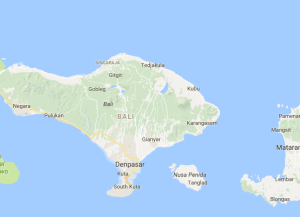
Jakarta (TAN): Indonesia and Malaysia share the top spot in the Mastercard-CrescentRating Global Muslim Travel Index (GMTI) 2019.
The report, which was published this week, includes 130 destinations around the world, both within and beyond the Organisation of Islamic Cooperation (OIC).
Singapore continues to be the top Muslim-friendly travel destination among non-OIC destinations, followed by Thailand, the United Kingdom, Japan and Taiwan.
The GMTI tracks the health and growth of Muslim-friendly travel destinations in four strategic areas – access, communication, environment and services.
“The Muslim travel market is one of the fastest growing tourism sectors in the world, but despite its huge potential, remains relatively untapped,” says a CrescentRating statement, adding that by 2026, the Halal tourism’s contribution to the global economy is expected to jump 35 per cent to USD 300 billion.
Indonesia has reached the top spot on the index “through the sustained efforts by the Indonesian Ministry of Tourism to invest in its tourism and travel industry, and develop Muslim-tourist friendly infrastructure”, the statement said.
Climbing up from number two, Indonesia now shares the top spot with Malaysia, with a score of 78 on the Index. Turkey, which has gained one rank, is now third on the list with 75 points.
Other OIC countries including Saudi Arabia, Morocco, Oman and Brunei continue to be popular with Muslim tourists.
Among non-OIC countries, Singapore, Thailand, UK, Japan and Taiwan have retained their positions in the top five and have further improved their scores on the Index. In a first for South Korea and the Philippines, these countries have entered the top 10 non-OIC destinations, displacing Germany and Australia.
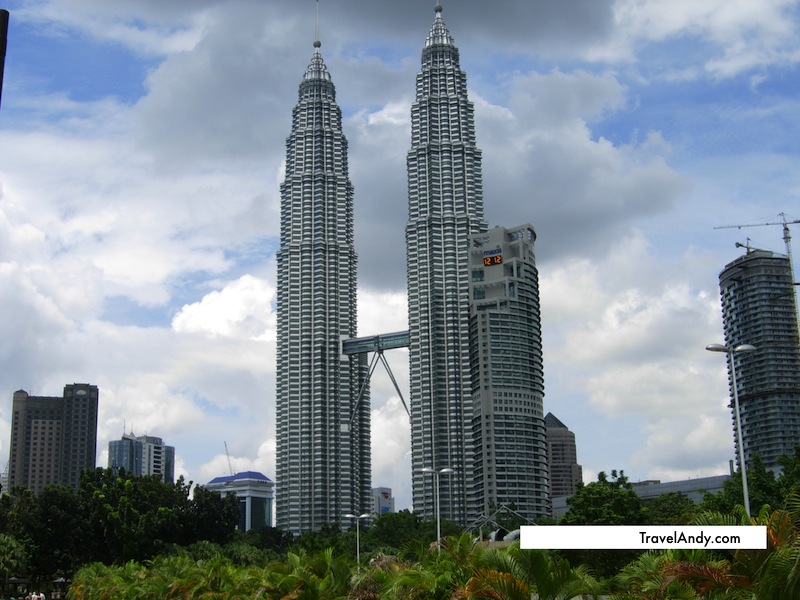
Spain has also entered the list of top 10 non-OIC countries, emerging as a key Halal-friendly European destination for Muslim travellers this year.
“Destinations such as Spain, South Korea and the Philippines have developed useful resources and travel guides that cater to Muslim preferences by listing best Halal restaurants and nearby prayer facilities,” the statement said.
Five Halal Travel Development Goals include:
- Integration, Diversity and Faith: Enable Muslims to be active citizens of the global community while remaining spiritual.
- Heritage, Culture and Connection: Connect Muslim travelers to one another, to the local community, and to the heritage and history of their chosen destination.
- Education, Insights and Capabilities: Enhance understanding among communities. Increase academic and industry knowledge that can improve the capabilities of stakeholders.
- Industry, Innovation and Trade: Create new opportunities to increase commerce through tourism and drive growth across multiple sectors.
- Well-Being and Sustainable Tourism: Recognize the responsibilities of stakeholders in the travel sector and the social impact on travellers, the wider community and the environment.
“This report, along with the ‘Halal Travel Frontier 2019’ report released earlier this year, sets the stage for the next phase of development in this unique travel segment- Halal Travel 2.0. The report also presents the five ‘Halal Travel Development Goals’ as well as the updated ‘Muslim Faith Based Services Needs’ to help all stakeholders develop clear plans to grow the market,” said Fazal Bahardeen, CEO of CrescentRating & HalalTrip.
“Mastercard is committed to working with partners to expand this dynamic travel segment,” said Safdar Khan, division president Indonesia, Malaysia & Brunei, Mastercard.

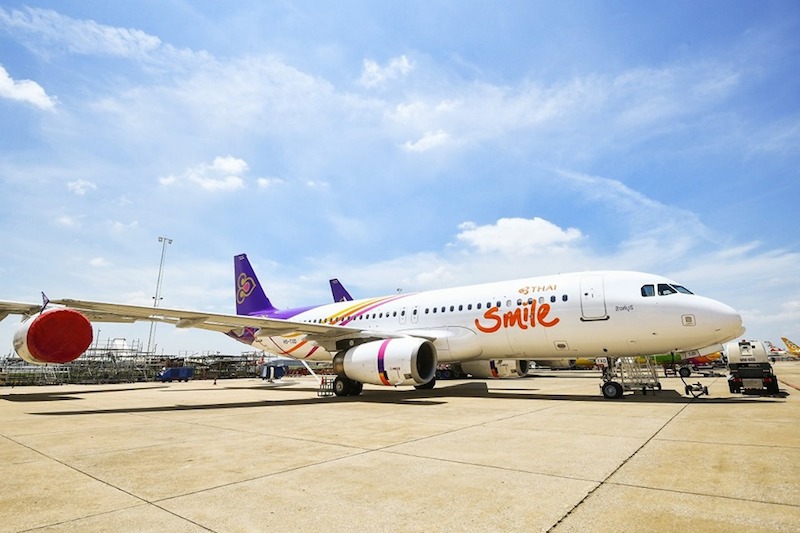
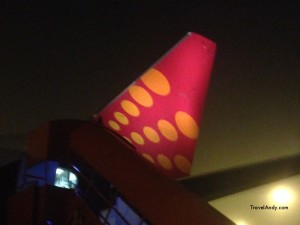
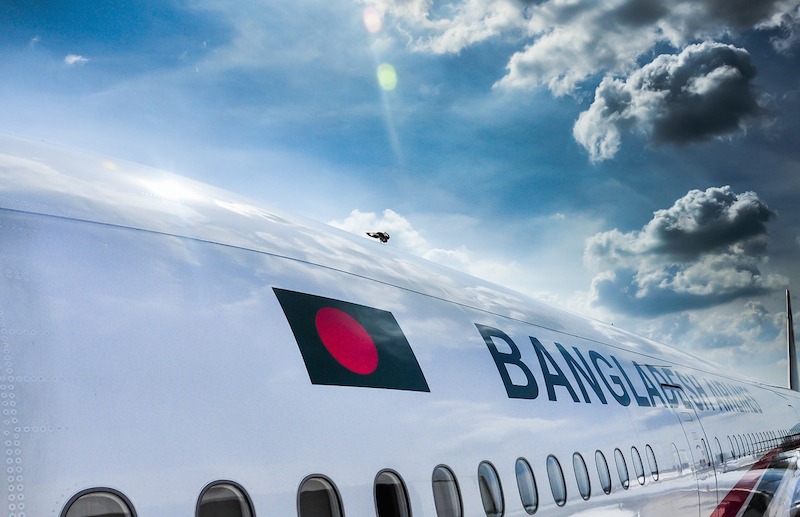
You must log in to post a comment.